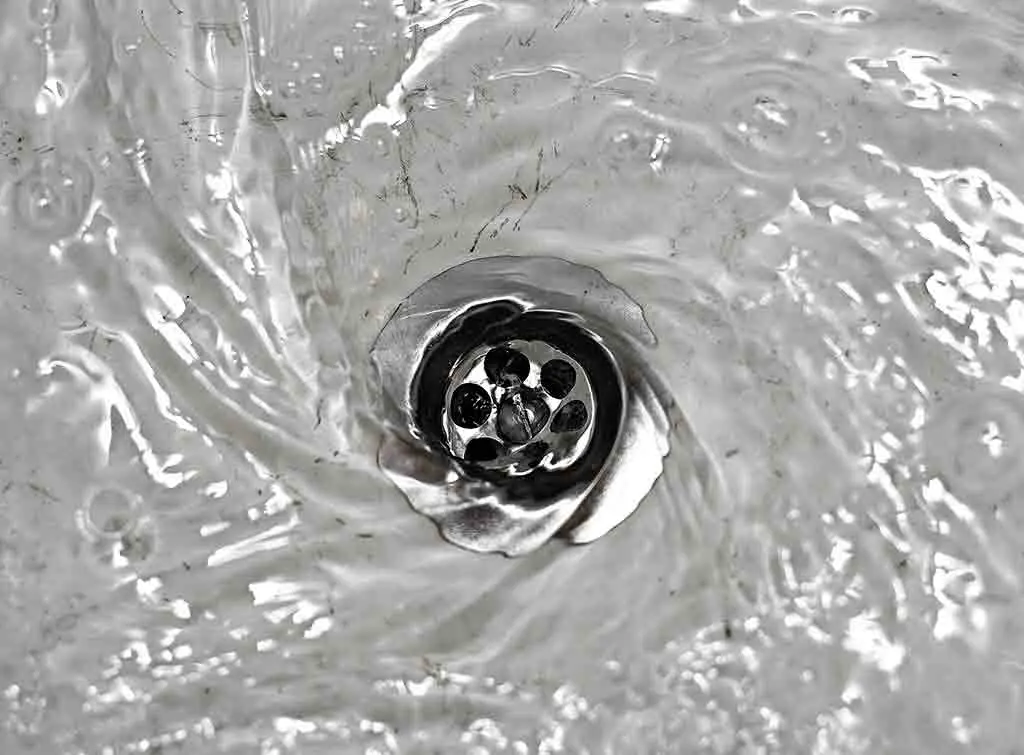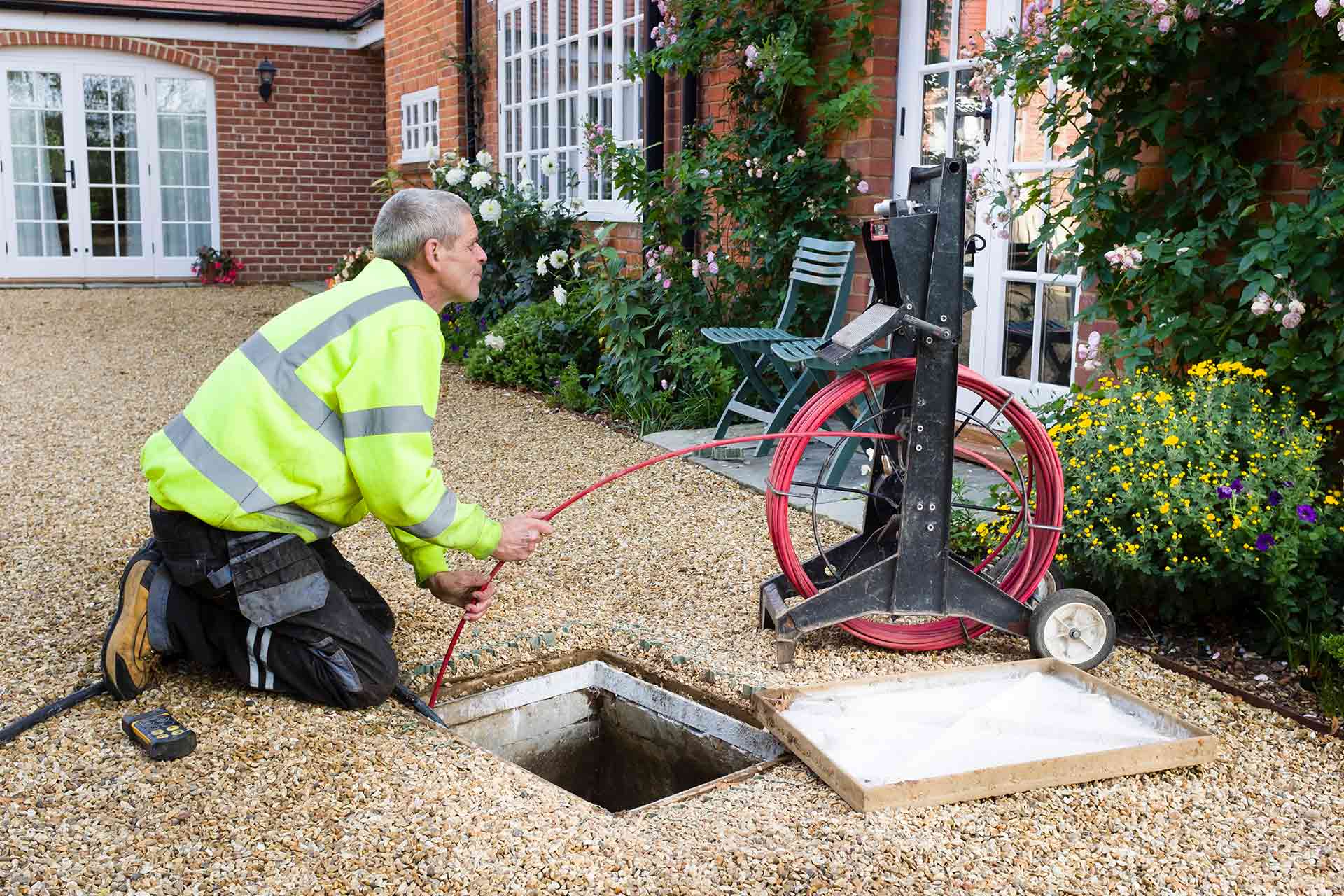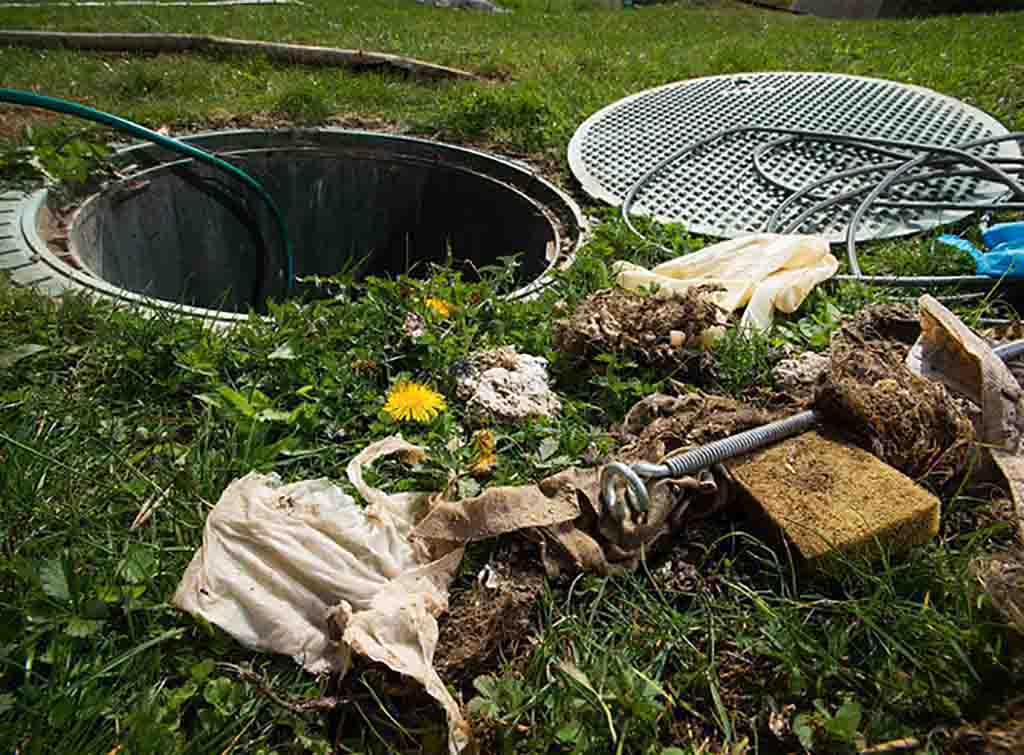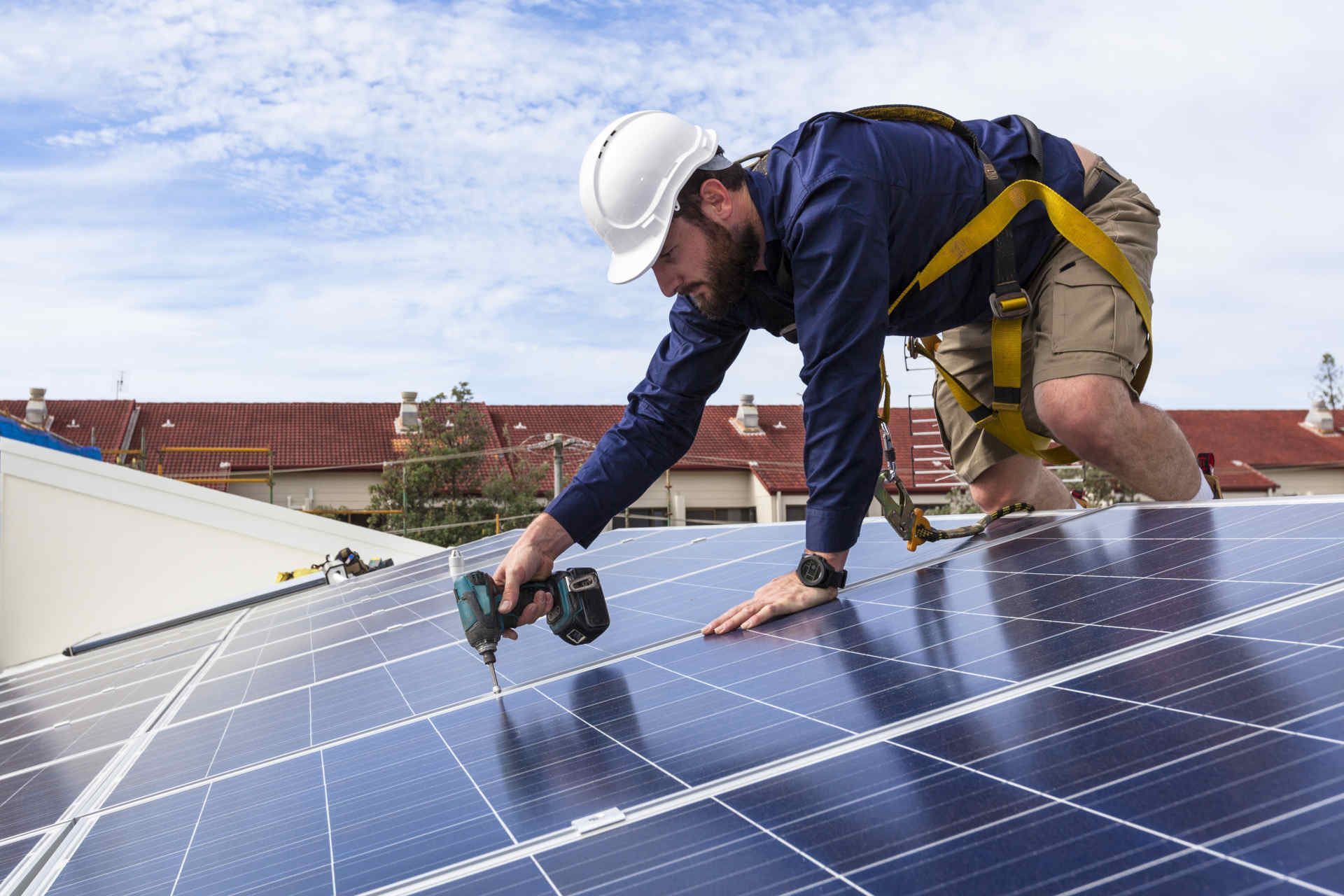Blog>Expert Advice>The 5 most common signs of a blocked drain
Last updated: 2 October 2024
The 5 most common signs of a blocked drain
There are several signs of a clogged up drainage system that all homeowners should be aware of. From spotting the signs to fixing the problem, we've covered everything you need to know here..

How do I know if a drain is blocked?
A blocked drain can cause several issues for your property. You should clear the blockage as soon as possible to avoid pipe damage, leaks and other plumbing problems.
These are the 5 most common signs to look out for:
Slow draining - Waste water flowing away more slowly than usual? There may be a blockage in the pipes that is stopping the water from washing away at a normal speed
Bad smells - Drains clogged with a build up of waste often have a foul smell. A bad odour coming from the pipes is typically caused by rotting waste trapped inside
Gurgling noises - Have you noticed a strange gurgling sound when waste water is flowing down into the drain? Unusual sounds are a sign that air bubbles are getting trapped by something as the water moves through the system
Damp - Blocked drains can cause pipes to leak. When water leaks out through the pipe joints damp patches may form in the surrounding area
Overflowing pipes and standing water - Water will not be able to flow through the drainage system if there is a large blockage. With no place to go, waste water will stay backed up in your sink, toilet, bath or shower. Alternatively, the trapped water can cause high pressure in the pipes, resulting in leaks or overflowing
We recommend checking for a blockage if you notice any of these telltale signs.
Take a look at our guide on how to fix a blocked drain if you want to give it a go yourself.
For best results, hire a drain clearance company.
See the tradespeople we've checked and recommend for your job
How to tell if an outside drain is blocked
Drains outside of your home can become blocked with everything from food waste to tree roots.
Signs of a blocked outside drain include:
Bad smells
Overflowing
Standing water
Slow draining
Insect infestation around the drain
Drains outside the kitchen are prone to blockages, due to food waste building up in the pipes. As well as kitchen waste, leaves, dirt, soil and other natural debris can clog up an external drain.
What to do when your outside drain is blocked
If your outside drain is blocked, we'll take you through your options on how to clear it yourself, including tools and expert techniques.
What causes a drain blockage?
Ideally, the only materials that should enter your home's drainage system is wastewater, toilet paper and human waste. That's it. A blockage can start to grow in the pipes whenever any other waste products make their way into the system.
Kitchen drains
The following waste items are often the cause of a blocked kitchen sink:
Food waste - Crumbs, particles and larger pieces of food can lodge together overtime and clog up the pipes
Cooking oil - Hot cooking oil does not belong in the kitchen sink. The oil will line the inside of the pipe, restricting the waste water flow and eventually blocking the system
Fat and grease - Similarly to oil, liquid fat and grease will solidify inside the pipes and block the kitchen drain
Coffee grounds - Small coffee grounds may not seem like a big problem but they can clump together down inside the drainage system
Bathroom drains
Noticed the signs of a blocked bathroom drain?
Here are the most common causes of a slow draining bath, shower or toilet:
Hair - A build up of hair in the bath or shower plug will eventually clog up the pipes. The strands of hair clump together and cause a big tangled mess down in the drain, leading to slow draining and other problems
Soap residue - Certain bathroom products can cause a scum-like residue to build up in the pipes. Similar to cooking oil, this residue can line the pipes and stop water from draining efficiently
Wet wipes - Flushing wet wipes down the toilet is never a good idea. These wipes do not breakdown in the same way as toilet paper and can block up your home's sewer system
Sanitary products - All sanitary products should be put in the bin. Tampons and sanitary towels will expand as they absorb water in the pipes and flushing these items can cause a major drain blockage
Outside drain
External drains are exposed to the natural elements and blockages are typically caused by the following:
Leaves - Water will not be able to flow into the drain properly if the opening is covered with dead leaves
Soil and dirt - Poor weather conditions can cause soil and other debris to enter an external drain. Over time this dirt and grime can build up and clog the system
Tree roots - External drains are a good source of water and nutrients for growing trees. A blockage can happen when roots enter the drainage system through small cracks and holes in the external pipes
Household waste - Waste from your home can travel away from your bathroom or kitchen pipes but still block the external sewer drain. While you may not immediately notice a blockage in your kitchen sink or shower, there could be a buildup of waste causing problems further down in the system
Will a blocked drain clear itself?
A clogged drain may clear itself over time, but it depends on the extent of the blockage.
Some waste products will eventually naturally break down inside the pipes. Until bacteria has broken down the debris, you will continue to experience slow draining and other blocked drain symptoms.
While a minor blockage can resolve itself in time, a large build up of debris can be more problematic.
For instance, you will need to have roots professionally removed from an external drain. If tree roots are not cleared away, they will continue to grow into the pipes and cause drainage problems.
How to clear a blocked drain
We recommend clearing a blocked drain as soon as possible. The blockage may clear itself over time, but it may also get worse. To keep your drainage system in top condition, it is best to fix the problem as soon as you notice any of the signs of a blocked drain.
There are several methods used to clear blocked drains. Common DIY fixes include:
Manually removing debris from the plug hole/top of the drain
Chemical unblocking products
Homemade unclogging solutions
Drain rodding
Plunging
Pouring recently boiled water down the drain
An experienced plumber can clear a blocked drain in your kitchen or bathroom. A specialist drain clearance engineer will likely by needed to clear a blockage from an external drain.
See the tradespeople we've checked and recommend for your job
Cost to unblock a drain
The following factors will determine the cost of unblocking a drain:
Location of the blockage - You can expect to pay a higher fee if specialist equipment is needed to remove a blockage deep in the drainage system
Additional work needed - Drain unblocking costs will be higher if a CCTV survey is needed to find the blockage. Replacing damaged pipes is also more expensive than simply removing a small buildup of waste
Type of work needed - Drain clearance service companies typically charge more than the average hourly rate of a professional plumber
Your location - Tradespeople charge varying fees across the UK
The average call out fee for a professional drain unblocking service is £60 . You can expect to pay an average of £200 for a CCTV drain survey and a further £270 if drain jetting and rodding equipment needs to be used.
What's the average cost of unblocking a drain?
In this drain unblocking cost guide, we outline the typical cost of unblocking a drain - including drain jetting, rodding and lining prices.
Key takeaways
Signs of a blocked drain include slow draining, bad smells, gurgling sounds, damp and overflowing pipes
Common causes of a drain blockage include a build up of food waste, hair or other foreign objects in the pipes
It costs an average of £60 to have a drain unblocked by a professional
Finding drain clearance services near you
Enter your postcode to find drain clearance specialists near you.
See the tradespeople we've checked and recommend for your job
See the tradespeople we've checked and recommend for your job




